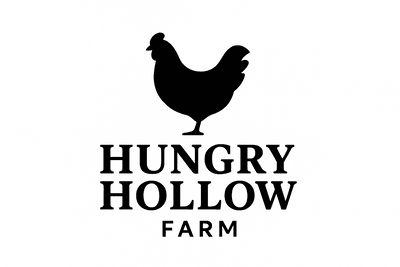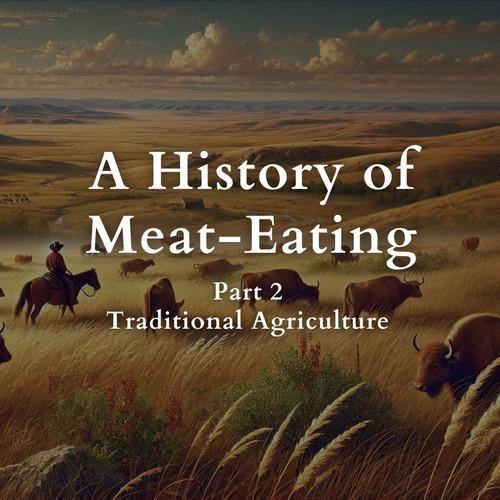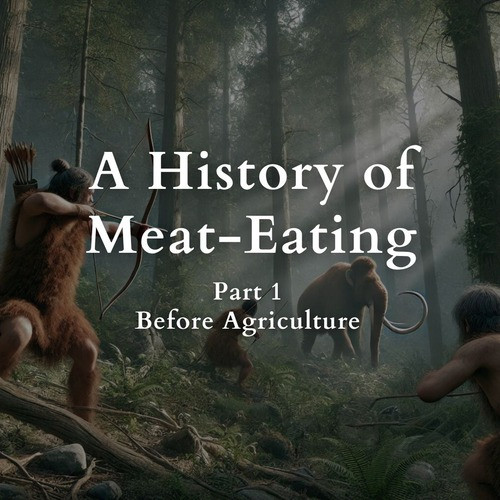Why Pasture Raise Chickens? Part 3: Better for You
posted on
July 10, 2019

We've covered why pasture-raising chickens is better for the birds and better for the planet. For those still skeptical, I have great news: Eating pasture-raised chickens is also better for you. Here's why:
They taste better.
Flavor develops in meat from three primary factors: diet, exercise, and age. Pasture-raised chickens beat factory-farmed chickens on all three fronts:
- Diet: They consume a wide variety of insects along with their full genetic potential of greens from the pasture (they eat their salad.)
- Exercise: They run around chasing insects so they develop more dark meat (which is much more flavorful than white meat and develops around muscles that actually get used.)
- Age: Our pasture-raised chickens grow slower, providing the time needed to develop flavor.

They're more nutritious.
A primary goal of ours is to maximize the nutritional quality of the foods we produce. The primary way we do this is to provide pastures to our animals. The mix of grasses and other green plants that grow in our pastures and are consumed by our chickens results in a nutritionally superior product. Check out these numbers which summarize a number of studies that assess the nutritional differences between pasture-raised and conventional chicken meat:1,2

They're 100% chicken.
Factory-farmed chickens get virtually no exercise, so their meat lacks the structure to properly retain moisture. As such, it is common practice to "plump" them. This is the process injecting a solution of salt water and other additives into the carcass. This means when you buy a conventional chicken, between 15% and 30% of the weight may be salt water (raising the sodium content) and other potentially harmful additives to enhance the look, flavor, and weight of the chicken.3 Such additives include phosphate salts, known arterial toxins that are banned in Europe.
Bonus: The Indirect Benefits
It's clear that in a direct, objective sense, pasture-raised chickens are much better for you. But perhaps even more compelling are the indirect benefits. By supporting agriculture that places animals within species-appropriate ecological contexts we find ourselves considering the lives of others, both human and non-human, born and unborn, into our decisions about how to sustain ourselves on this planet. We find ourselves fostering the flourishing of biologically diverse landscapes where billions of plants, animals (including humans) and microorganisms can thrive in a top-soil producing, carbon-sequestering, climate-resilient harmony that could continue for thousands of years.
And if that's not better for you, I don't know what is.

References
- Health Benefits of Pasture-raised Meat Birds
- Health Benefits of Pasture-raised Meat Bird - Bibliography
- Plumped Chicken
About Hungry Hollow
Hungry Hollow is a diversified farm in Shelton, WA producing pasture-raised meat, eggs, and vegetables. With a focus on animal welfare and ecological stewardship, our work models an alternative to industrial agriculture that is rooted in joy, transparency, and reverence for life.



